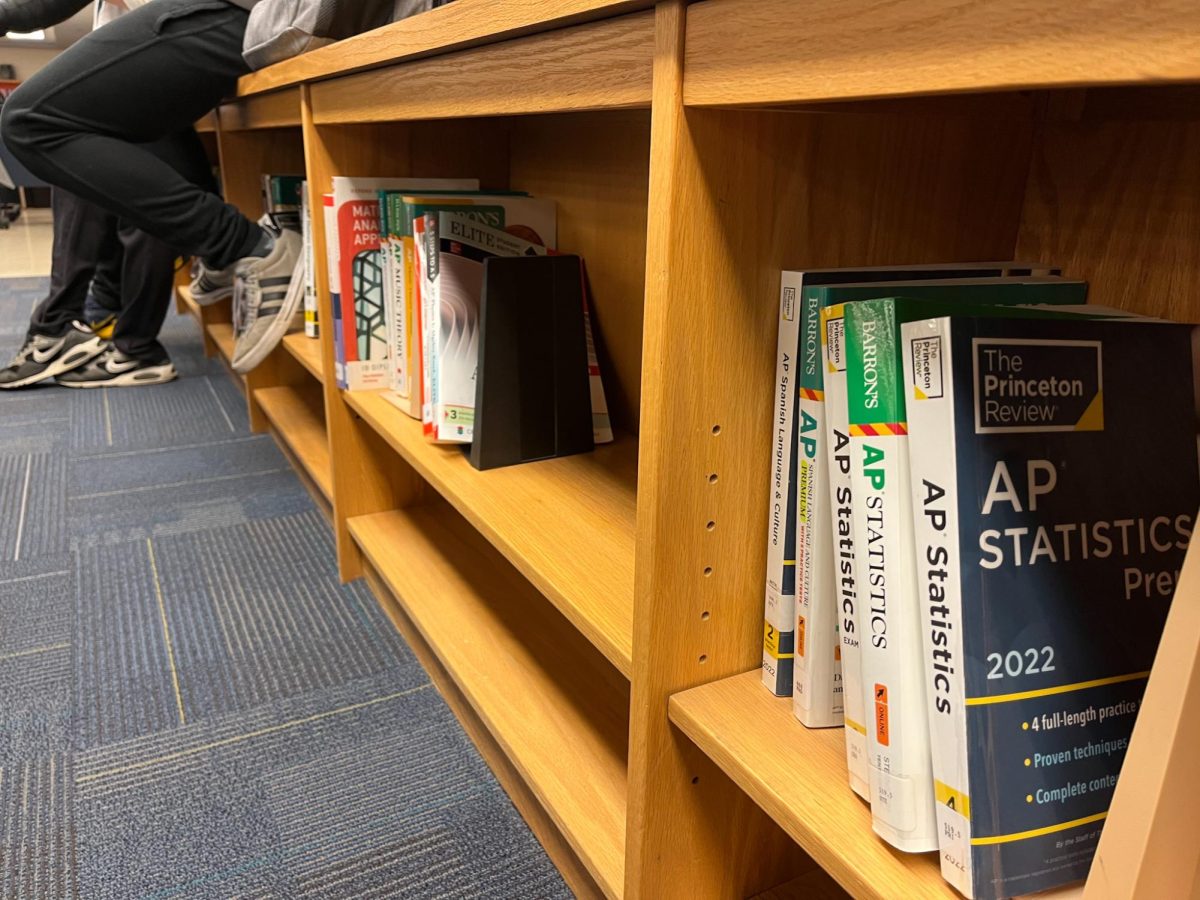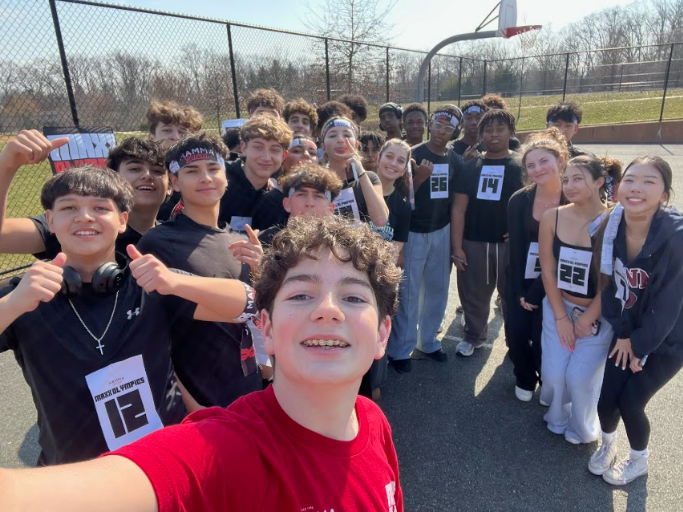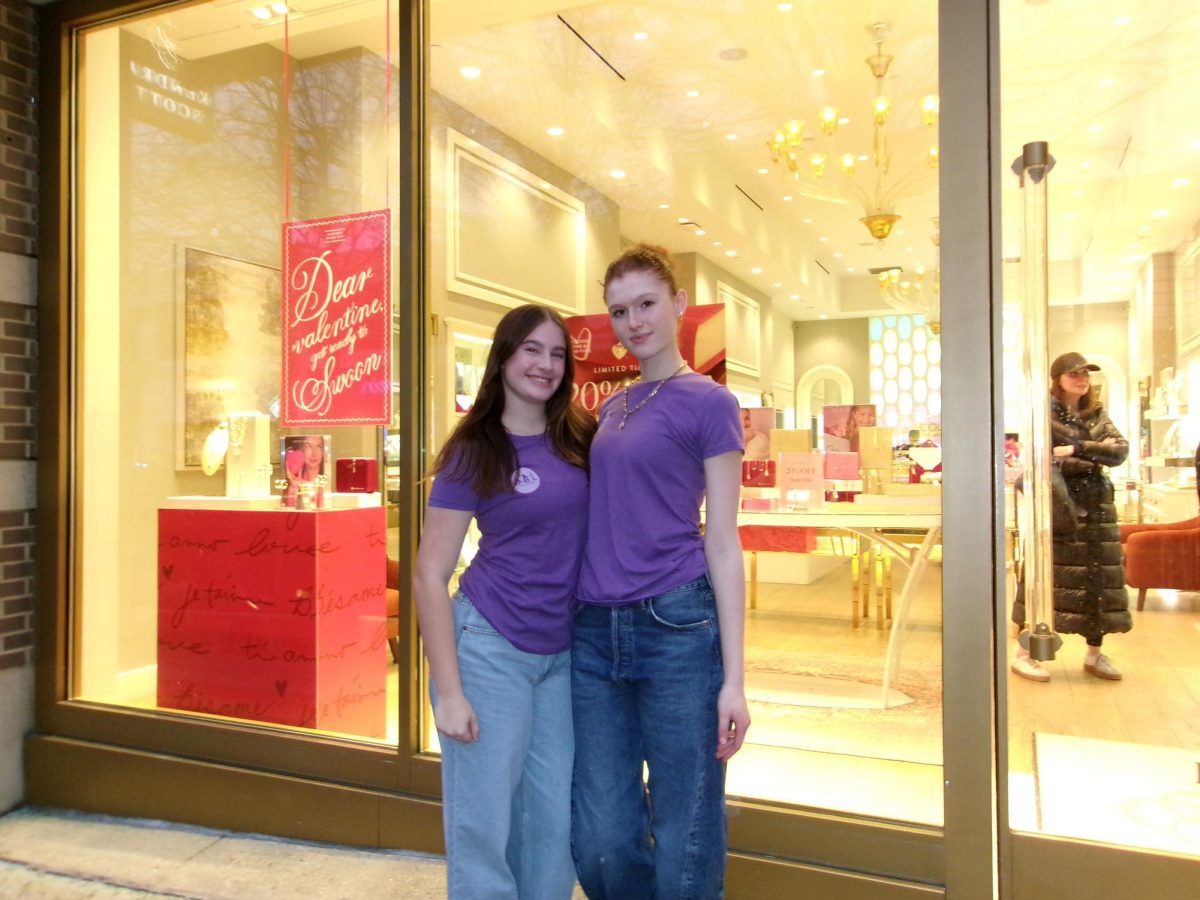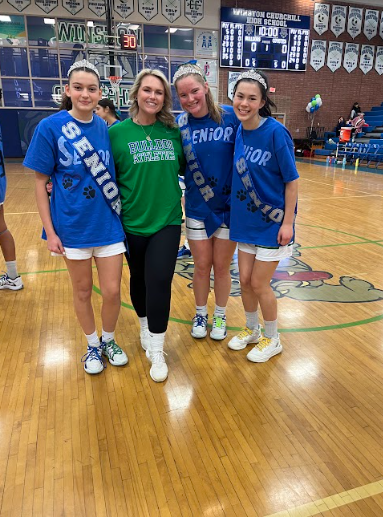Food, movies, clothes, gas—a small sampling of a teenager’s budget. Every teen has needs and wants, but deciding who pays for what—the options being the child or parent of course—is frequently up for debate.
When the child pays, the money he or she is using probably came from one of the three sources: job, gift or allowance. To give or not to give a set amount of allowance on a time schedule is a decision that parents must make, and it is not a simple one. Sophomore Hana Elborai started receiving allowance when she was around 13.
“I started receiving money for independence,” Elborai said. “I now don’t have to ask my parents for money. I get my allowance monthly.”
Like some other CHS students, Elborai’s only source of income is her allowance. However, the reason for that is different than most.
“My father is a diplomat so I cannot have a job,” Elborai said. “I’m from Egypt and moved here last year. In Egypt, some kids get allowance and others get money from their parents when they need it. For instance, if we are going out on a weekend, they would get money for just that night.”
World Language teacher Robert Roos has a 17-year-old son and a 14-year-old son, both of whom used to receive allowances. Now, in lieu of their allowances, he pays their cell phone bills.
“They started receiving allowance around age 6,” Roos said. “We wanted them to contribute to keeping up the house, but allowance was not tied to chores. Allowance teaches kids how to manage money and be semi-independent. It is the start of learning that Mom does not have to buy you everything, and the value of a dollar.”
Psychologist Carl E. Pickhardt, Ph.D., author of the article “Adolescence and Allowance” on phsychologytoday.com, agrees that allowance and chores should be kept separate.
“Chores are unpaid contributions of work to help support the maintenance of the family,” Pickhardt said. “Allowance is to teach money management. The two should not be linked because they are separate issues.”
The survey also found that 38 percent students receive monetary allowance from their parents. According to senior Sasha Kahnamelli, he has gotten an allowance since the beginning of senior year.
“I started receiving allowance when I got my license because my parents wanted me to handle money better and I have to pay for my own gas,” Kahnamelli said.
Having a job and receiving an allowance is a combination income that some CHS students recieve. Kahnamelli has had a job for two years teaching kids tennis, but he uses the money from his allowance and the money from his job differently.
The money from my allowance is strictly spending whereas the money I get from my job goes straight to savings for college,” Kahnamelli said.
Pickhardt agrees that job money and allowance money are different.
“Given money is usually less than earned money,” Pickahrdt said. “By the time a young person is old enough to earn significant job money in high school, allowance money is given for the teenager to manage basic expenses.”
Some feel that an allowance and income from a job may be too much for a child to have.
“Kids ultimately have to learn to make choices and learn from their mistakes,” Roos said. “Parents need to prepare their kids for adulthood. For me personally, kids should not have too much money because then it seems like an endless supply, which is not real life. Kids should be given less than they need because then they will learn to fight for it, to fight for the things they want.”
Despite previous examples, many students were reluctant to answer questions pertaining to their source of income and many adults did not want to discuss if their children receive allowance. Six adults asked preferred that I find another source to interview and numerous students said they would only do it if their names would not be used. Roos has some thoughts as to why.
“It is a very personal matter for some people,” Roos said. “For parents, it is a very personal issue. It can show your values. Disclosing that information can give someone ammunition to make judgments on others and make one feel self-conscious. People equate money and things with love. It is an empty love.”













